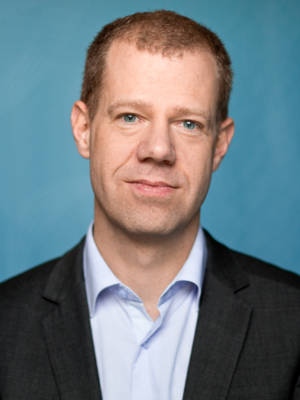PhD project at PRIO and the Department of Sociology and Human Geography, University of Oslo.
Supervisor at PRIO: Jørgen Carling
Supervisor at University of Oslo: Katrine Fangen
This dissertation examines how individual and interpersonal, economic and social aspects of migration and transnational dynamics are interconnected. The analysis is based on an ethnographic, multi-sited study of Senegalese migration to Spain and the transnational dynamics generated by this migration. I analyse how the motivations behind migration projects are informed by values, norms and expectations that are reflected in social interaction. I moreover investigate the two-way connections between individual migration trajectories and interpersonal ties between migrants and their social relations. I examine the social dynamics that surround desires and projects to secure a socially desirable position through migration and how social belonging at home is sought and negotiated through the fulfilment of interpersonal obligations. Data was collected through interviews and participant observation during eight months of fieldwork with Senegalese migrants and nonmigrants in Spain and Senegal. The dissertation is guided by two overarching research questions:
- How do individual migration trajectories and relations between migrants and non-migrants affect each other?
- How are the economic and social aspects of migration interrelated?
These questions are explored through three conceptual entry points: money, moralities and uncertainty. In combination, these concepts allow exploring interpersonal obligations and expectations and how migration is imagined and approached in relation to local alternatives. The analysis relates to different theoretical traditions and concepts, including migrant transnationalism and transnational moralities, economic sociology, theories of solidarity and the gift, remittances, imaginaries and hope.







